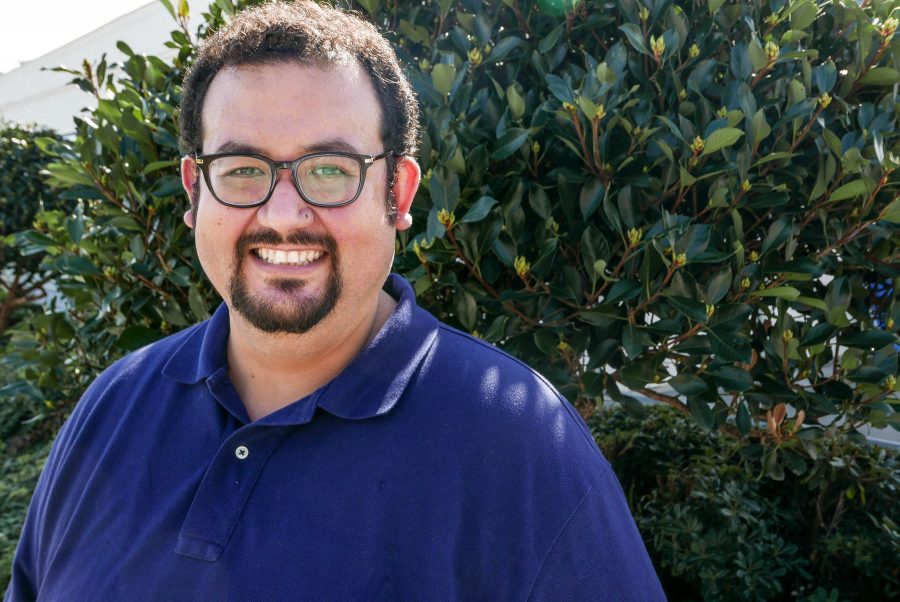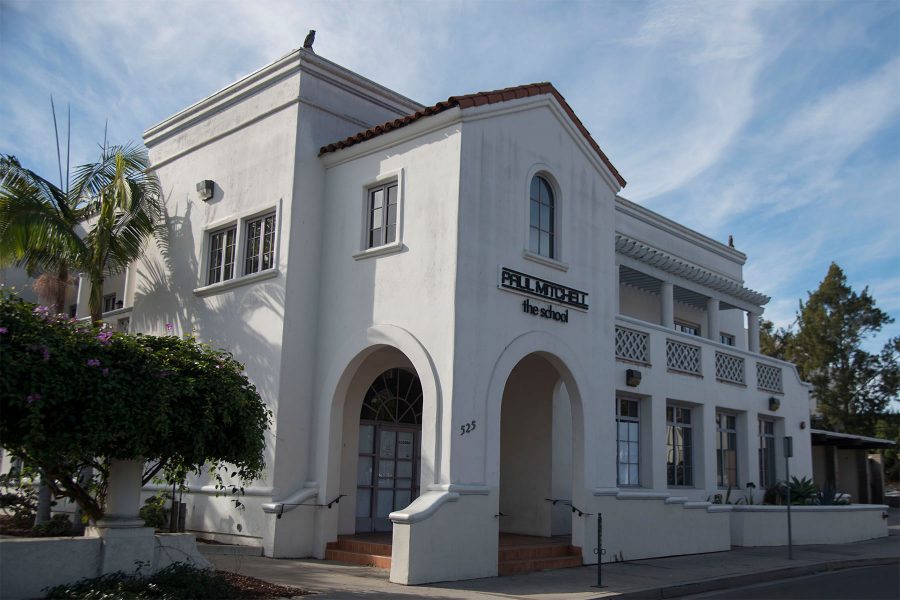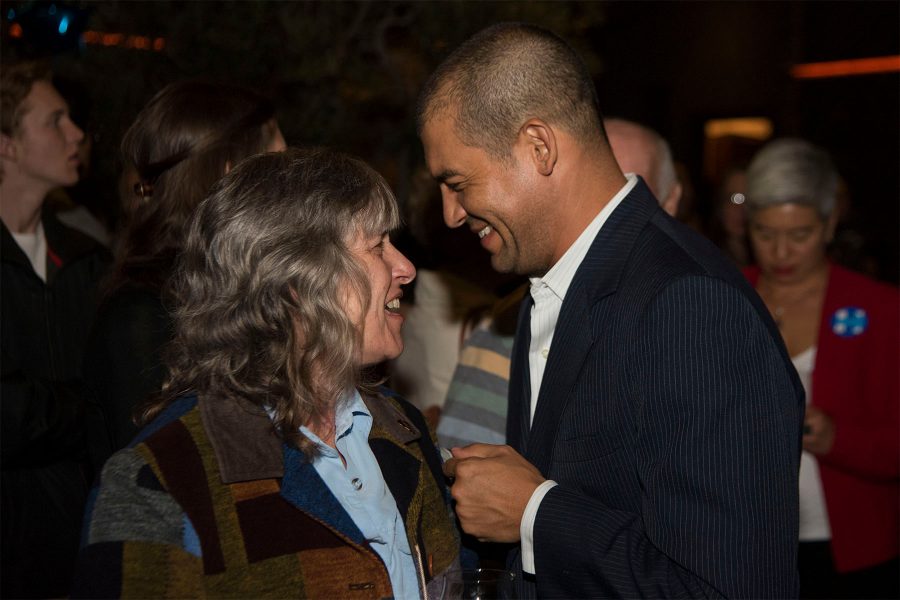Santa Barbara City College’s Continuing Education department is figuring out ways to best serve its adult community in light of the state’s budget crisis, the program’s public information specialist said.
The program faced a financially fragile fall 2009 term when the department was informed of additional budget cuts and had to respond by cutting class sections even after the term’s catalog was already printed.
Sally Gill, continuing ed.’s public information specialist, said the department has analyzed ways to best deal with the budget crisis now and for the future – with the least amount of harm directed toward student’s goals and schedules.
Gill said the program’s operational costs, such as advertising and marketing, had to be cut as well “so it’s not just students having to bear the brunt of all this.”
“We knew somebody was going to be affected by each and every one of these classes,” Gill said, referring to class sections cut in the fall 2009 term. “It was difficult, and it was a very painful experience for everyone. But as long as we stay together and know that it’s all because of the budget crisis, I think that helps when people understand that – the big picture.”
Gill said the fall term’s cuts were analyzed carefully, and the decision to eliminate a class depended on low-enrollment or how many class sections a specific course offered.
Kerri James-Fenske, a “total work-out” instructor in the continuing ed. program who teaches aerobics, strength, and stretch to a group of young, middle-aged, and senior citizen community members, confirmed the department’s class-cutting strategy.
“The budget cuts haven’t affected me at all so far,” James-Fenske said. “I think party because we’re almost always full. This class has 48 signed up for it now, and it’s usually pretty full.”
Other courses, like yoga, which have multiple class sections, “have been affected more” by the budget crisis, she said.
As another way to alleviate the budget cut burden, the department reduced the length of its winter 2010 term from 10 weeks to eight weeks, said Ofelia Arellano, continuing ed.’s vice president.
The department also hosted community forums and responded to student’s requests of creating new strategies to face possible additional cuts in the future, such as putting a fee on certain classes instead of cutting them completely from the course offerings.
“One thing we are doing is looking at classes again that we may have to reduce,” Arellano said. “We are definitely looking for spring term that possibly some classes will be offered as fee-based versus eliminating them totally from the schedule of classes.”
And for community members like Dr. Jill Collins, who is a student in James-Fenske’s work-out class, paying for a class is more preferable than not having the option to take it at all.
Collins said the continuing ed. program, and the work-out class it offers her, is “essential to everything that’s of quality in life – continuing health of body, mind, and spirit.”
“It keeps us young,” she said.
But even with future finances unclear, public information specialist Gill said dwelling on past budget woes is not an option.
“We aren’t looking backward, we’re looking forward all the time,” Gill said. “We need to respond to this community’s needs, and looking backward would not be fulfilling our mission.”







